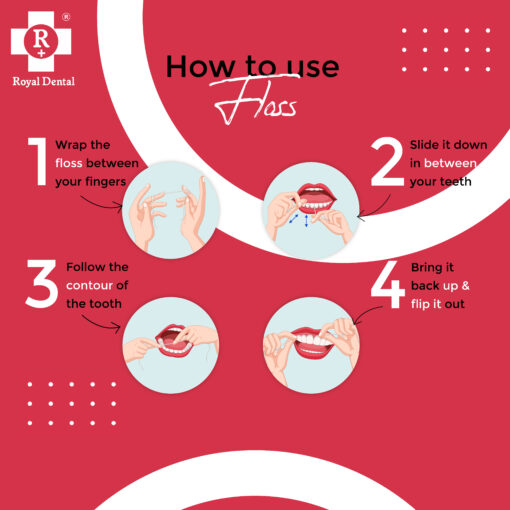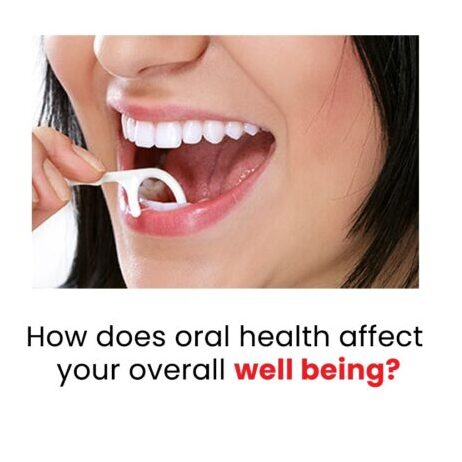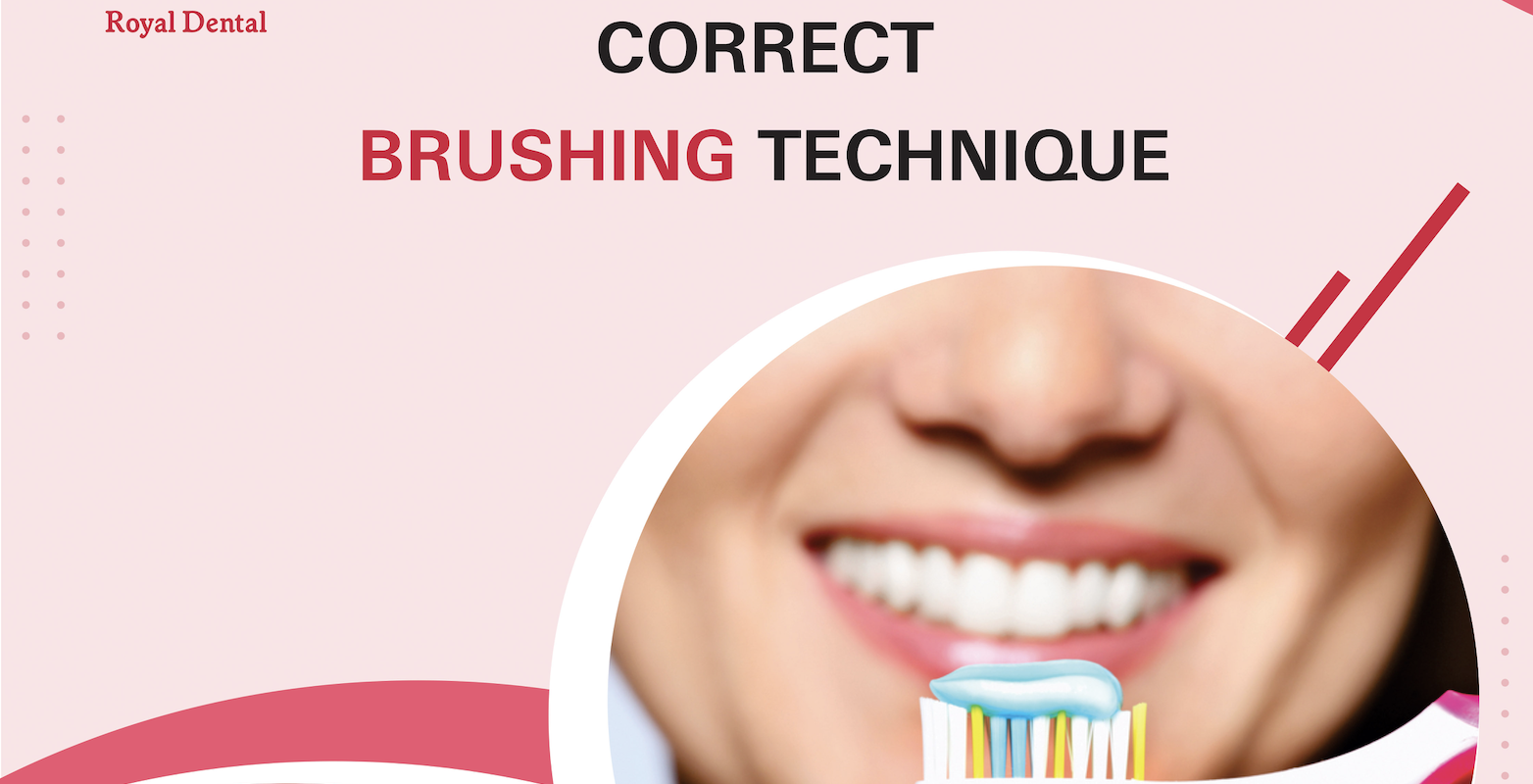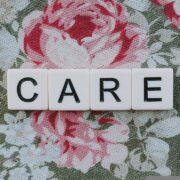Improving your oral health can be a challenge if you don’t understand the instructions. Taking care of your teeth and gums requires regular brushing and flossing, as well as regularly visiting a dentist. But without understanding the instructions, it’s difficult to know how to properly care for your teeth. This guide provides an overview of the basics of oral health instructions and offers helpful tips for better oral hygiene. Having an understanding of how to care for your teeth and gums will help you keep your mouth free of cavities and gum disease, so you can enjoy the benefits of a beautiful smile for years to come.
Hold the bristles gently against the outside of your top teeth, near the gum line, at about a 45-degree angle upward. Sweep the brush gently back and forth over teeth and gums in soft strokes — or, if you prefer, use an elliptical (circular) motion to clean the teeth.
Why oral health instructions are important?
Your dentist will provide instructions based on your dental health and any issues you may currently have with your teeth or gums. Understanding the information will help you make better decisions about your oral health care at home. For example, if your dentist recommends using fluoride toothpaste, you’ll know why it’s important for preventing cavities. Oral health instructions will vary depending on your specific dental needs. Your dental provider will help you understand the information and provide recommendations for better oral hygiene at home.
Tips for brushing and flossing correctly
Brushing – Brushing your teeth twice a day is the best way to prevent cavities. If you are prone to cavities or have existing dental issues, you may need to brush more often, like after each meal. You should brush for two minutes to ensure you get all of the surfaces of your teeth and prevent cavities.
Brushing techniques – When brushing your teeth, use gentle, circular motions for at least two minutes. The longer you brush your teeth, the more plaque you’ll remove from your teeth and gums. It may be helpful to set a timer when you’re brushing to ensure you brush long enough.


Brushing your tongue – While it’s helpful to brush your tongue to remove bacteria, it’s not necessary. You can brush your tongue if you’d like, but it’s not necessary for good oral health.
Flossing – If you don’t floss your teeth regularly, you’re missing out on a major opportunity to keep your teeth and gums healthy. Flossing removes plaque between teeth that a toothbrush can’t reach. While you should brush your teeth twice a day, it’s recommended that you floss once a day.
If you don’t floss, you’re pretty much just giving your dentist a tip
Flossing techniques – When you floss, you should use a gentle S-shaped motion to remove plaque. You can use dental floss or a special flossing device like a water flosser.
Flossing your teeth – Make sure you floss between all of your teeth, especially the ones next to your teeth (like between your upper and lower teeth). Flossing your teeth is helpful if you have a specific dental issue like gingivitis. If you don’t want to floss, you can try using a water flosser.
Preventative Dental Care and Oral Hygiene
If you want to improve your oral health and avoid dental issues, you should practice good oral hygiene. This includes brushing your teeth two times a day, flossing once a day, and visiting a dentist for a dental cleaning every six months. It’s also helpful to drink plenty of water, eat a balanced diet, and avoid sugary beverages.
If you have a specific dental issue, like gingivitis, your dentist may recommend using a special type of toothpaste. If you have a certain dental issue, your dentist will be able to recommend specific oral hygiene tips to help improve your oral health.
Benefits of Oral Hygiene
Better dental health – If you practice good oral hygiene and visit your dentist regularly, you’re less likely to develop cavities or gum disease.
Stronger teeth – Practicing good oral hygiene can help strengthen your teeth and prevent them from breaking or crumbling.
Better self-esteem – If you have bad dental hygiene, it can cause you to have poor self-esteem. Maintaining proper oral hygiene can help boost your self-esteem and improve your self-confidence.
Better oral health in general – Improving your dental health can help prevent a host of other oral issues, including bad breath, dry mouth, and swollen gums.
Clean the insides of your teeth by opening wide
- Be gentle.
- Brush for long enough.
- Brush your tongue.
- Rinse your toothbrush.
- Use floss.
Conclusion
Improving your oral health can be a challenge if you don’t understand the instructions. It’s important to understand how to properly care for your teeth and gums so you can maintain good dental health. With a better understanding of the instructions, you can better care for your teeth and gums. You can enjoy the benefits of a beautiful smile for years to come.
Follow Us For More Updates





